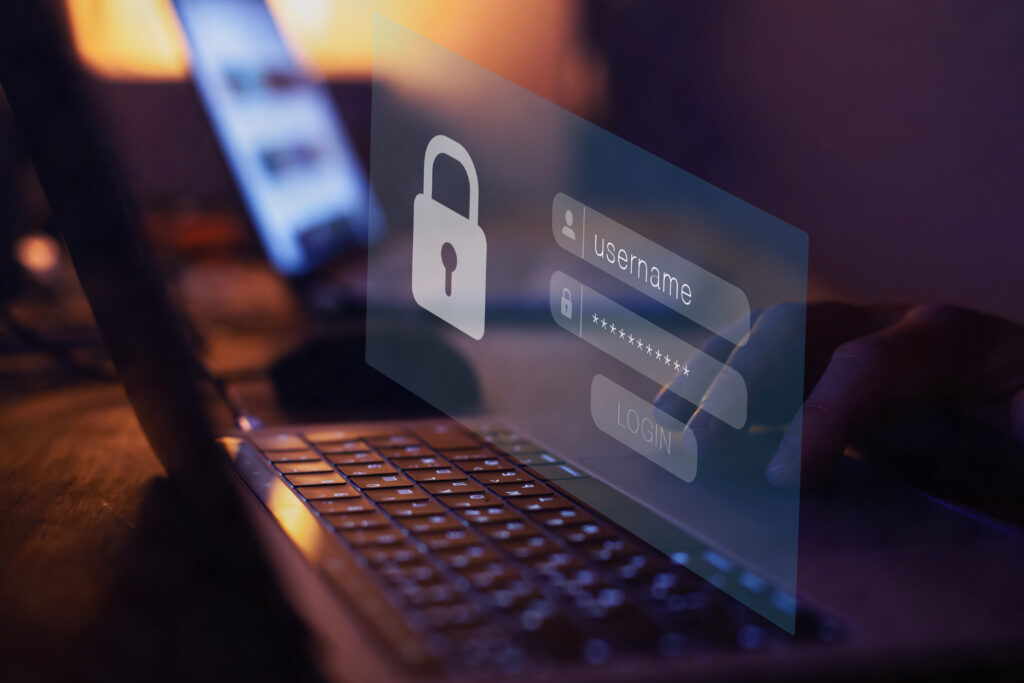
5 Free and Easy Ways to Improve your Password Security
Password breaches are occurring more frequently than ever, and cybercriminals are becoming increasingly adept at breaking through security measures. With cyber threats on the rise, protecting your online accounts with strong, secure passwords is essential. Here are five easy ways anyone can improve their password security and why each method is important.
1. Include More than Just Letters
A strong password is your first line of defense against unauthorized access. By including a mix of numbers, symbols, spaces, and both lower- and upper-case letters, and ensuring your password is longer than 13 characters, you significantly increase its complexity. This makes it much harder for attackers to crack your password using brute force attacks, where they systematically try every possible combination.
– Complexity: A varied mix of characters makes your password exponentially harder to guess.
– Length: Longer passwords provide more possible combinations, increasing security.
– Resistance to Attacks: Complex passwords are more resistant to brute force and dictionary attacks.
2. Use Underscores and Dashes
Incorporating underscores and dashes into your passwords can make it more difficult for automated tools to handle them. Some tools and scripts that hackers use may have trouble processing passwords with these characters, particularly when uploading them to programs like Excel that may misinterpret or reformat them.
– Data Handling: Special characters can disrupt the way some tools process data, adding an extra layer of security.
– Automation Resistance: Passwords with underscores and dashes can thwart automated cracking tools.
3. Use Multi-Factor Authentication (MFA)
Multi-Factor Authentication (MFA) adds an additional step to your login process by requiring you to provide two or more verification factors to gain access. These factors can include something you know (like your password), something you have (like a smartphone or security token), or something you are (like a fingerprint).
–Extra Security Layer: Even if your password is compromised, MFA requires an additional factor, making unauthorized access much more difficult.
– Reduced Risk: MFA greatly reduces the risk of account breaches.
4. Change Your Password Every 3 Months
Regularly changing your password helps limit the window of opportunity for attackers who may have obtained your password without your knowledge. By updating your passwords every three months, you reduce the likelihood that an old, compromised password can be used against you.
– Mitigate Risk: Frequent changes prevent long-term use of compromised passwords.
– Enhanced Security: Regular updates keep your accounts secure by limiting the lifespan of any single password.
5. Use a Password Manager
Password managers are tools that help you create, store, and manage your passwords securely. They can generate strong, unique passwords for each of your accounts and store them in an encrypted vault, making it easier to use complex passwords without having to remember each one.
– Convenience: Easily manage and access strong, unique passwords for all your accounts.
– Security: Password managers encrypt your passwords, adding an additional layer of protection.
– Consistency: Helps ensure you use complex passwords consistently across all platforms.
Free Password Managers:
1. LastPass Free: Offers password storage and autofill, with syncing across multiple devices.
2. Bitwarden Free: Provides secure password storage and management with open-source transparency.
3. KeePass: An open-source password manager that offers robust security features.
Paid Password Managers:
1. 1Password: Known for its user-friendly interface and strong security features, including travel mode.
2. Dashlane Premium: Offers dark web monitoring and a VPN, along with its password management features.
By following these five easy steps, you can significantly enhance your password security and protect your online accounts from potential threats. Remember, strong password practices are a crucial part of your overall digital security strategy.
Related Articles: